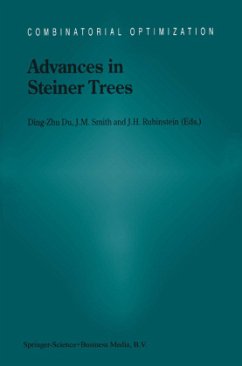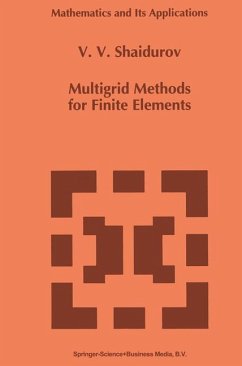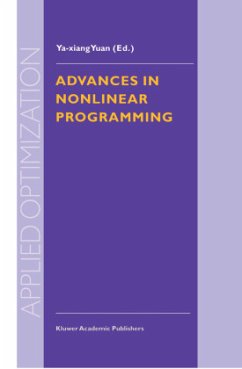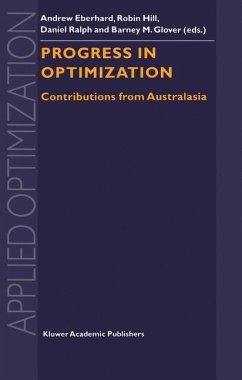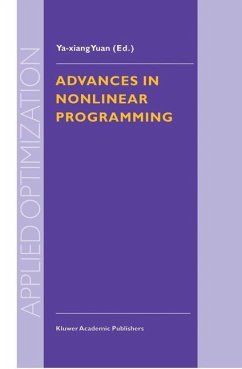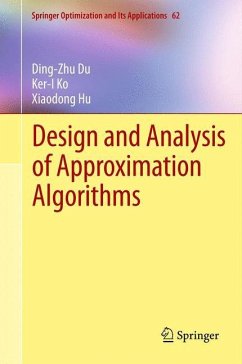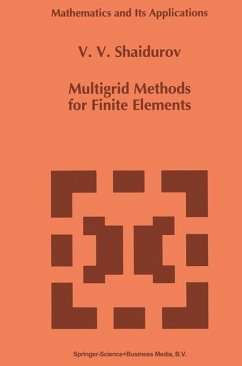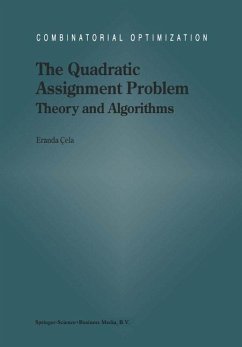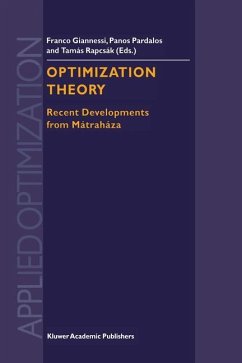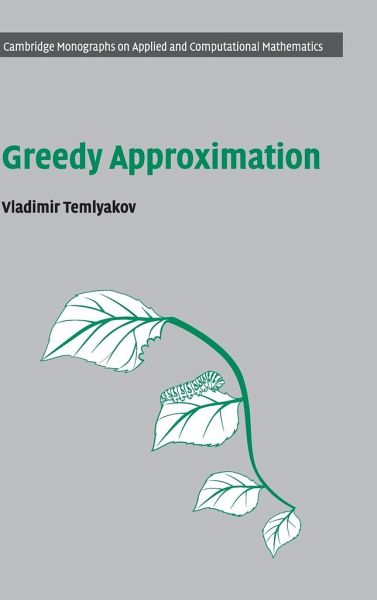
Greedy Approximation

PAYBACK Punkte
44 °P sammeln!
This first book on greedy approximation gives a systematic presentation of the fundamental results. It also contains an introduction to two hot topics in numerical mathematics: learning theory and compressed sensing. Nonlinear approximation is becoming increasingly important, especially since two types are frequently employed in applications: adaptive methods are used in PDE solvers, while m-term approximation is used in image/signal/data processing, as well as in the design of neural networks. The fundamental question of nonlinear approximation is how to devise good constructive methods (algo...
This first book on greedy approximation gives a systematic presentation of the fundamental results. It also contains an introduction to two hot topics in numerical mathematics: learning theory and compressed sensing. Nonlinear approximation is becoming increasingly important, especially since two types are frequently employed in applications: adaptive methods are used in PDE solvers, while m-term approximation is used in image/signal/data processing, as well as in the design of neural networks. The fundamental question of nonlinear approximation is how to devise good constructive methods (algorithms) and recent results have established that greedy type algorithms may be the solution. The author has drawn on his own teaching experience to write a book ideally suited to graduate courses. The reader does not require a broad background to understand the material. Important open problems are included to give students and professionals alike ideas for further research. Vladimir Temlyakov guides the reader through the fundamental results and introduces two other hot topics in numerical mathematics: learning theory and compressed sensing. Researchers will welcome this first book on the subject. It is ideal for graduate courses and includes many important open problems that provide ideas for further research.





